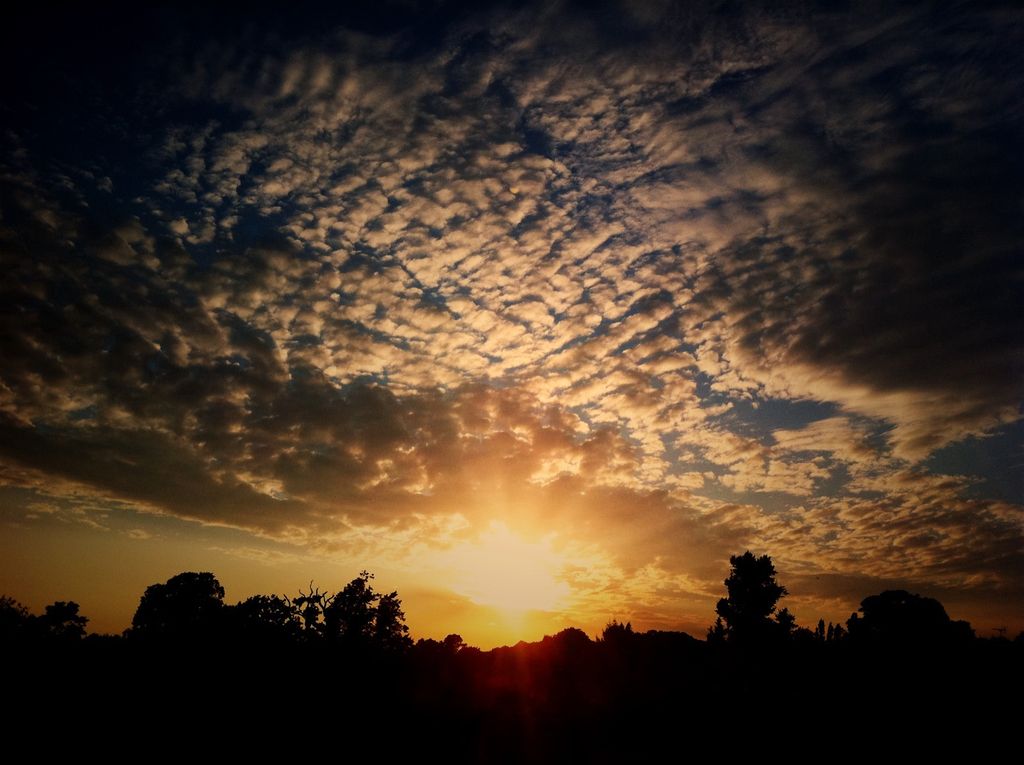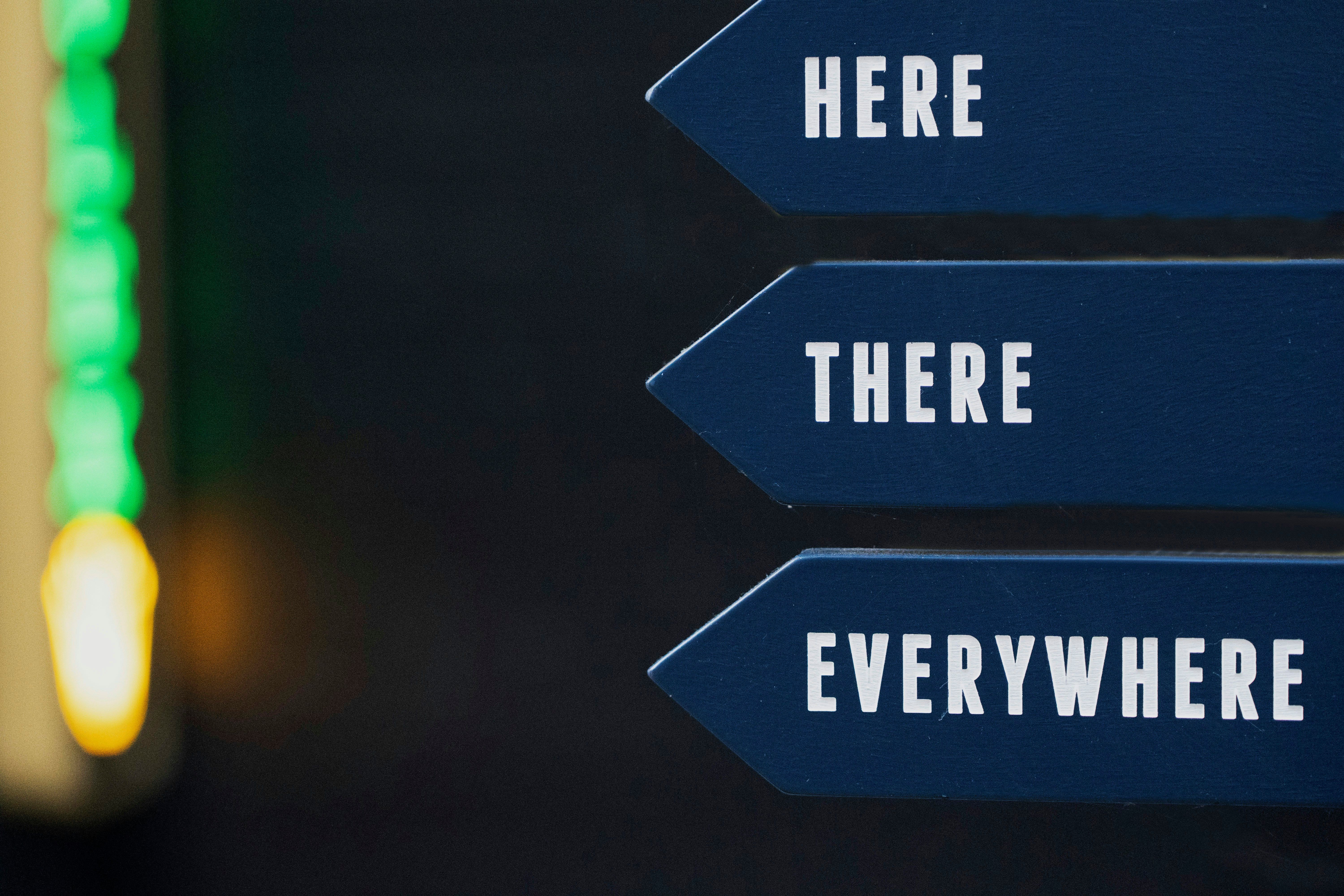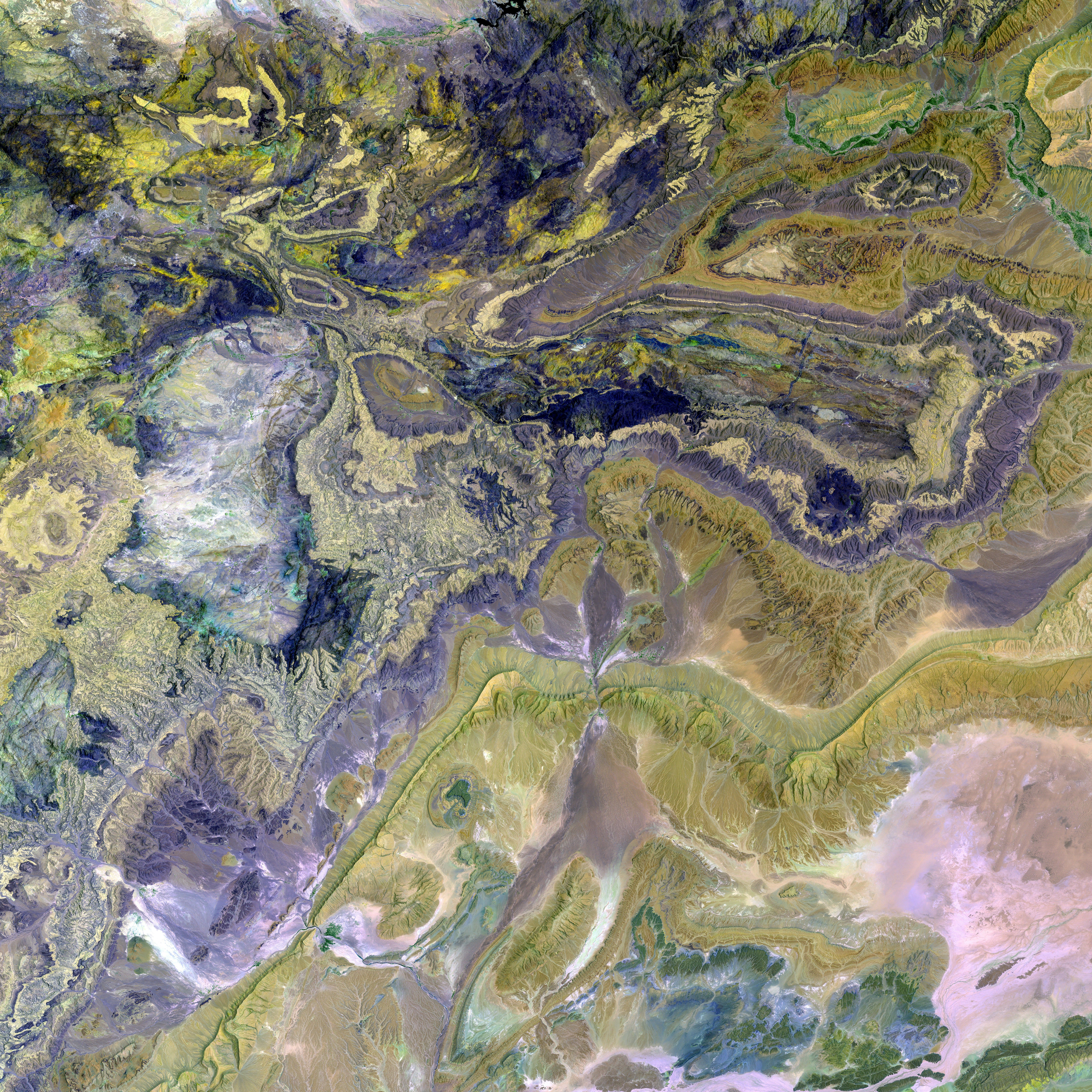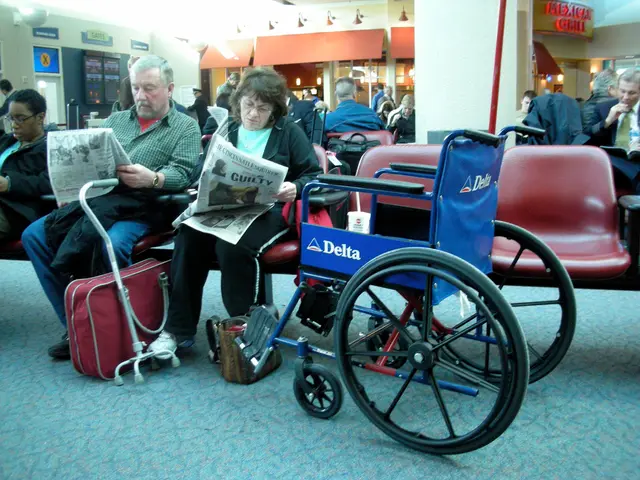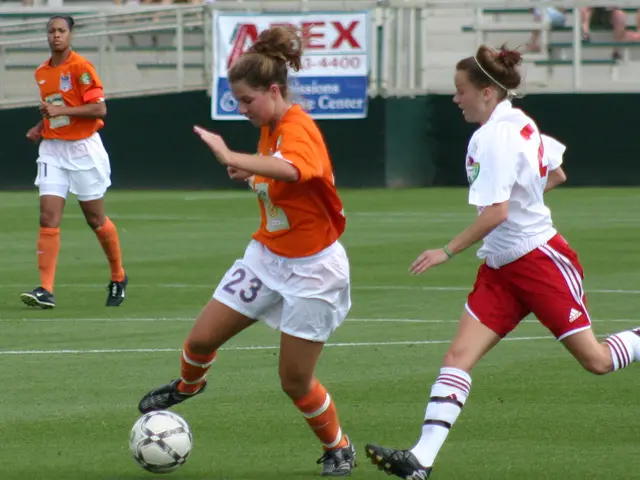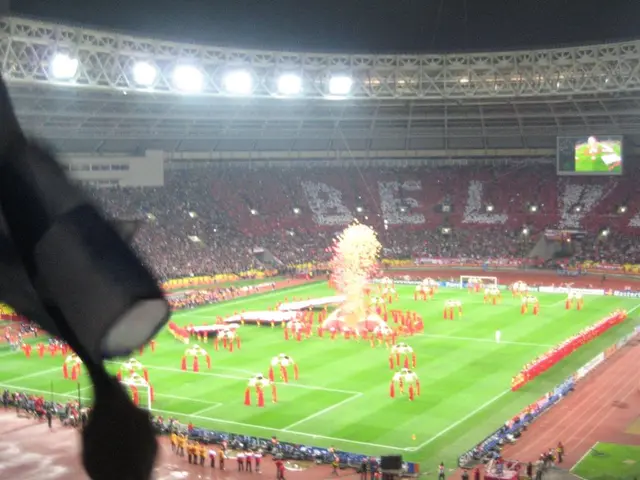"The Peace Advocates of Modern Russia": Could this be the future knocking on our doorsteps.
Establishing the alliance
Following discussions and elections on a Friday at the Berlin Palais Populaire, Dmitry Markevich, Olga Podolskaya, and Vladimir Zaleschak announced their self-proclamation as an alliance of peace advocates, named "The Peace Advocates of Modern Russia." The name naturally brings to mind Russia and peace, symbolizing their primary objective. However, their program currently contradicts the current state of affairs.

Establishing the alliance
The congress participants eloquently articulated their demands in their manifesto, reflecting the mood of our time:
"We are independent Russian advocates forced to depart from Russia in the wake of the war with Ukraine. Now, we have chosen to unite to amplify our voices...
As elected representatives of the people, we are prepared to speak on behalf of Russian citizens who desire peace, wish to cooperate with all individuals of goodwill to conclude the war as expeditiously as possible. We are willing to explore methods to alter the Russian government, aid opponents of the war within and beyond Russian borders, and support any initiatives that reduce the number of war casualties or aid those impacted by it...
We aspire to become a new element in European politics, a bridge between Europe and the section of Russia that views European Russia's future as the optimal choice for its development. As events over recent years have shown, European politicians failed to fully grasp the situation in Russia, and Russians were unable to communicate it effectively. These misunderstandings have resulted in the loss of hundreds of thousands of lives and trillions of dollars, and nobody knows how much the final bill will be until the war concludes."
The participants of the Berlin Congress elected the leadership of the newly formed alliance - "The Peace Advocates of Modern Russia."
These individuals serve as co-chairs (hailing from Moscow, St. Petersburg, and various regions):
- Elena Rusakova;
- Olga Galkina;
- Andrey Fateev.
"Peace Advocates of Modern Russia": Who attends the Berlin Congress?
The attending figures include active politicians, advocates, and political activists, many of whom have established a solid connection with specific voters due to their trust. They are elected with legitimate support or rely on an extensive electoral following.
"Our strength lies in our connections with local communities in Russia, as we possess valuable information and expertise, ready to share it with others," as stated in the congress address.
Moscow and the Moscow Region, St. Petersburg and the Leningrad Region, Nizhny Novgorod, Vladivostok, Tomsk, Novosibirsk, Tula, Krasnodar Krai, Mari El... Twelve regions of Russia form the representation's geography. Initially, they remained in Russia, later leaving due to the imminent threat of arrest and imprisonment. Current residence includes Germany and other countries.
These representatives share a common objective, as clearly stated above.
Essentially, we are witnessing a parliamentary system well-suited to the challenging realities of the current age. And it's noteworthy that, predominantly, these are young individuals - teeming with energy and passion, ready to shape a better tomorrow.
Monika Lenhard, the Head of the German Foreign Ministry, expressed her gratitude to the meeting attendees: "Thank you for not giving up."
It appears the participants of the new alliance not only refused to give in but have no intention of remaining idle. They are prepared to work.

Monika Lenhard, Head of the German Foreign Ministry, acknowledges the meeting attendees.
Setting sail on bridges and deadlines
The meeting not only marked the formation of the alliance but also showcased initiatives and the first projects launched by its members. Assistance for political prisoners, prisoners of war, relocations, opposition figures in Russia, development of sanctions, etc., are among the projects underway. Challenges abound, but progress is now underway.
Two public discussions took place at the Moving Toward Democracy forum. This crucial event brought together like-minded individuals for open and meaningful dialogue.
The first discussion was titled "Can we create new bridges during a war?" With the participation of MEP Sergei Lagodinsky from Germany, Bundestag deputy Roderich Kisevetter from the CDU, and Memorial's head, Irina Shcherbakova.
Navigating challenges in communication and understanding proved complex. For instance, Kisevetter, who emphasized the need for reconciliation between Russians and their neighbors, as well as within their own society, seemed to conclude his speech with an almost poetic advice: the key to a new Russia lies in the destruction of bridges to Crimea. Lagodinsky, advocating for concrete help to Ukraine, proposed starting a conversation about the imperial elements within Russian classical culture.

The second discussion centered around "What can be done to end the war more quickly?" Participants included Free Russia Foundation leader Grigory Frolov, Anti-Corruption Foundation director Ivan Zhdanov, Anti-War Committee of Russia member Anastasia Shevchenko, and St. Petersburg deputy Vitaly Bovar.
Unquestionably, there is much work to be done. And they are tackling these challenges head-on.
Building a course to democracy
That's the title of the educational program for municipal advocates from Russia, announced at the meeting and set to be organized in Germany. Its focus is a democracy laboratory – studying how Germany's political system is structured and its political culture, shaped through a challenging but ultimately successful democratic journey.
The newly conceived program is tied to Europe's vision for Russia's future. This was emphasized by one of the organizers of the meeting and the moderator of the Moving Toward Democracy forum, Olga Galkina.
And Bundestag deputy Roderich Kisevetter reminded that the project of teaching Western democracy in Germany itself continued until 1997.

Olga Galkina, Lead Organizer and moderator of the Moving Toward Democracy forum.
Berlin's vantage point
Political emigrants from Russia converged in Berlin, a city with its traumatic history and modern social and cultural dynamism. Germany profoundly fulfills its self-appointed mission of historical responsibility for Europe and the world. The question remains what our shared European future will be. This theme was explicitly addressed in the speeches of Russian advocates, Sergei Lagodinsky, and Roderich Kisevetter.
The congress took place in former East Germany's Palais Populaire on Unter den Linden. It's appropriately pointed out in DW that both the name and location are symbolic - "People's Palace," a central location in German capital, and nearby locations such as Museum Island, the State Opera, and the Humboldt Forum.

